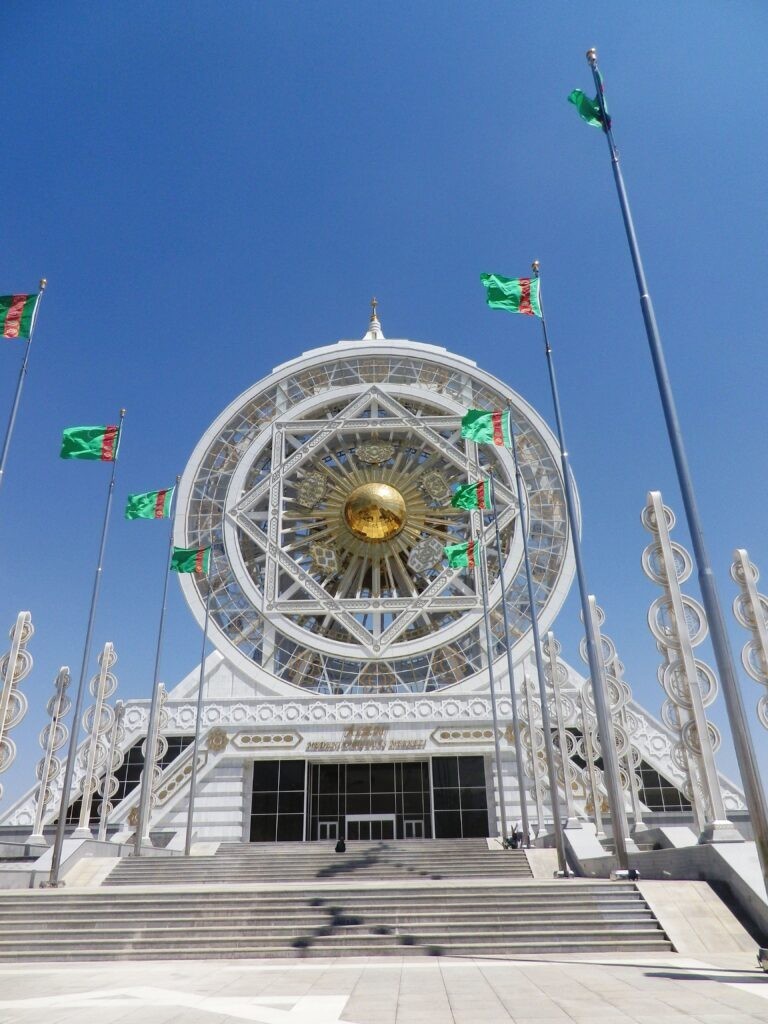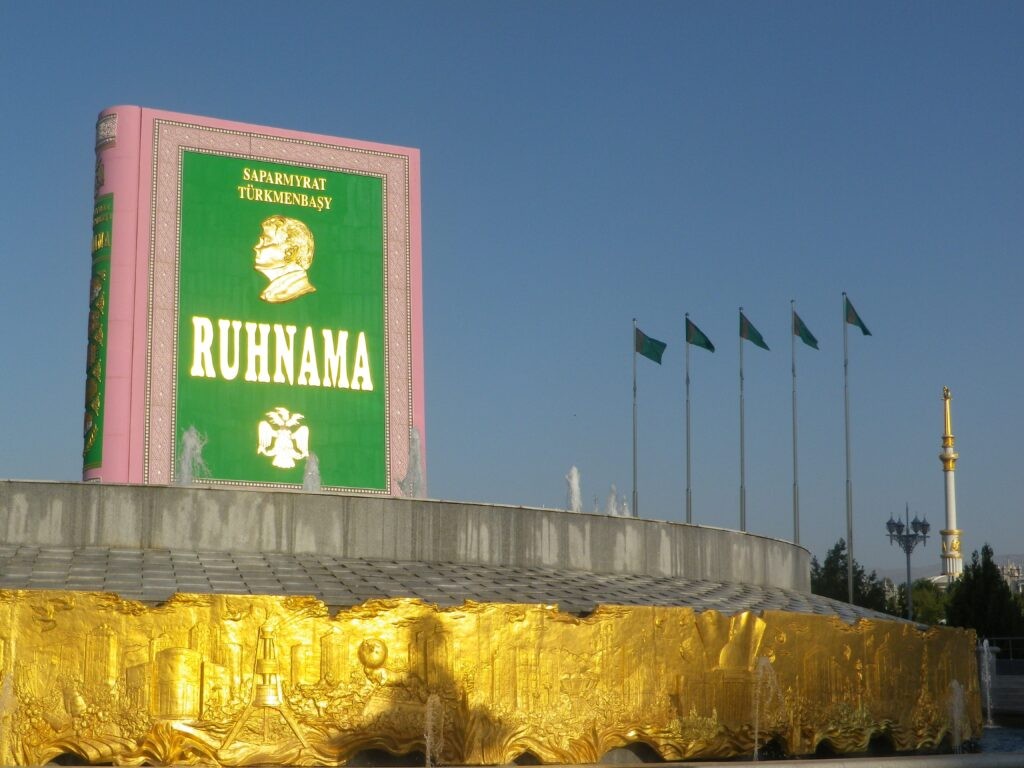Turkmenistan Again Takes First Place as World Leader of VPN Searches
The digital technologies information platform Techopedia has published data about virtual private network (VPN) usage around the world. At the end of 2023, 77% of users used a VPN for work, and 51% did so to maintain privacy on public Wi-Fi networks. Forty-four percent did so to protect their anonymity online, while 37% used a VPN for secure communications, and 20% used it to hide their activities from authorities. The countries whose authorities restrict human rights and freedom of speech in one way or another are in the lead in terms of online searches for VPNs. The ranking of countries where VPN use was most popular is based on Google Trends data and Freedom House's 2023 Freedom on the Net report. Internet censorship in illiberal countries is widespread, often used as a way of suppressing opposition views, or creating a certain image of the country's authorities. Consequently, the use of VPNs in some countries is limited or even totally illegal. The outright leader in the world in terms of VPN searches in 2023, as it was in 2022, was Turkmenistan, where VPNs are illegal. Turkmenistan has only one authorized internet provider, Turkmentelecom, which controls the entire flow of information and blocks content undesirable to the authorities. In addition, it has the lowest Internet penetration rate in Central Asia (38.2%), one of the lowest connectivity speeds, and one of the highest prices. Turkmenistan is one of the five countries -- along with Oman, North Korea, Belarus and Iraq -- where the use of a VPN is prohibited. When buying a new or used phone in Turkmenistan, buyers immediately ask staff to install a VPN for them, which can be done for about $5. However, under such restrictions, VPNs never work for long -- only until the next blocking by the authorities.






